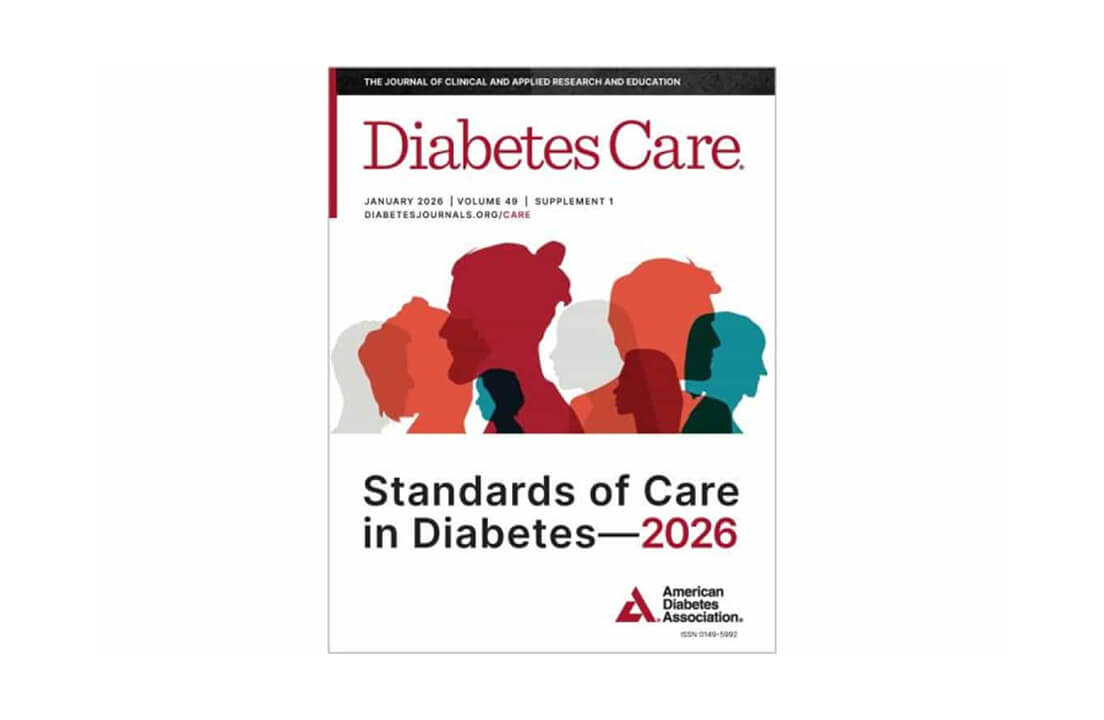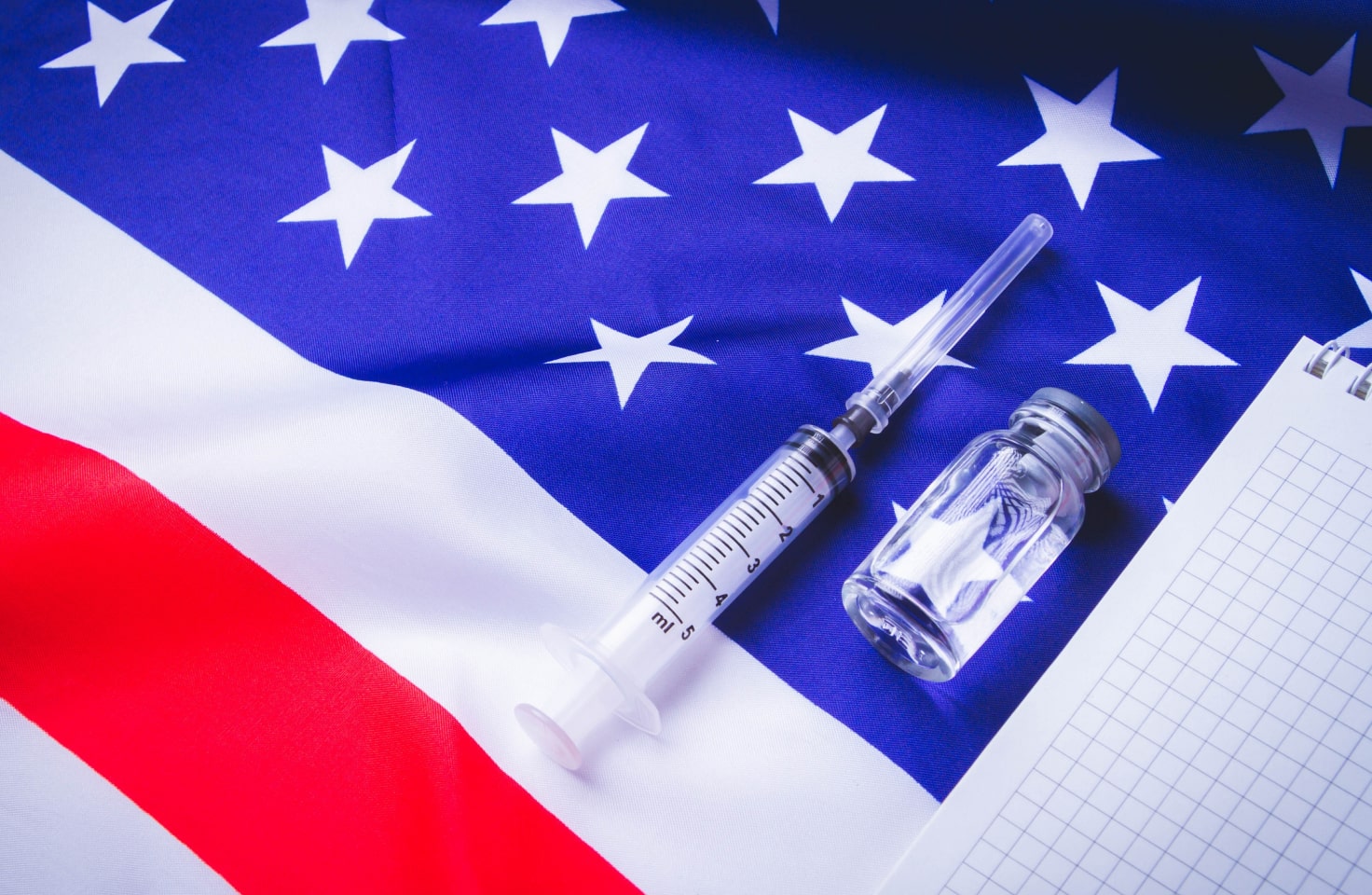T1D Guide
T1D Strong News
Personal Stories
Resources
T1D Misdiagnosis
T1D Early Detection
Research/Clinical Trials
Diabetes and Oral Health: What You Need to Know
People living with diabetes often keep a close eye on blood sugar, eye health, foot care, and heart disease. But oral health? That’s one piece of the puzzle that’s easy to overlook. While managing your glucose levels is often front and center, diabetes can also impact how your mouth functions, affecting saliva production, gum health, healing, and your risk of infections.
.jpg)
The link between diabetes and oral health remains one of the most overlooked aspects of care. Understanding the relationship between your diabetes and your chompers can help you prevent bigger issues down the road.
For example, did you know high blood sugars can reduce your saliva production, which then increases your risk of cavities? It’s all connected!
Here’s what you need to know.
How Diabetes Affects Your Mouth
Diabetes doesn’t just affect blood sugar. It influences healing, vision, energy levels, digestion, and your mouth. When blood sugar levels are frequently high, they can alter the environment of your mouth in several ways:
- Higher glucose in saliva feeds harmful bacteria
- Weakened immune function makes it harder to fight infections
- Delayed healing impacts recovery from routine dental work
These changes can contribute to common complications such as dry mouth, gum disease, cavities, and oral infections.
Dry Mouth (Xerostomia)
People living with diabetes are more likely to experience dry mouth, which can lead to discomfort, bad breath, and an increased risk of tooth decay. Saliva plays a crucial role in neutralizing acids and washing away food particles. When saliva production is reduced, the mouth becomes more vulnerable to bacterial overgrowth and cavities.

Here are some ways to relieve dry mouth:
- Stay hydrated throughout the day.
- Use a humidifier at night.
- Chew sugar-free gum to stimulate saliva.
- Try mouthwashes or sprays designed for dry mouth.
- Work with your healthcare team to prevent frequent high blood glucose levels.
Look for products containing xylitol, which can help reduce the risk of cavities.
Gum Disease (Periodontitis)
Gum disease is more common and more severe in people living with diabetes. High blood glucose levels can lead to inflammation in the gums and weaken the body's ability to fight infection. (Yup, high blood sugars can weaken your immune system, according to the CDC!)
Early signs of gum disease include bleeding gums, redness, and persistent bad breath. Without treatment, it can progress to bone loss and tooth loss.
Treatment may involve deep cleaning (scaling and root planing), antibiotics, or surgery in advanced cases. Improving blood sugar levels and maintaining regular dental checkups are essential.
Some dental professionals recommend using nano-hydroxyapatite toothpaste to support gum and enamel health. Nano-hydroxyapatite (nHAp) is a biomimetic mineral that mimics natural enamel and helps remineralize teeth, reduce sensitivity, and support a smoother surface that resists plaque.

Oral Thrush
Oral thrush is a fungal infection caused by an overgrowth of Candida yeast. People living with diabetes are at higher risk, especially when blood sugar is elevated, because excess sugar in the mouth creates an ideal environment for yeast to grow.
Symptoms include white patches on the tongue or inner cheeks, soreness, and a cotton-like feeling in the mouth. Treatment usually includes antifungal medications such as lozenges or oral rinses, and managing blood sugar to help reduce recurrence.
The American Dental Association (ADA) recommends that most adults aim for an A1C below 7%. This target not only supports overall diabetes management but also plays a critical role in reducing the risk of oral thrush. Keeping A1C in this range helps limit the sugar available for Candida to thrive, making infections like thrush less likely to develop or recur.
Your Oral Microbiome and Diabetes
Your mouth is home to hundreds of microbes — bacteria, fungi, and viruses — that play a major role in oral health. This ecosystem is second only to your gut in terms of diversity. When balanced, it acts as a crucial defense against oral issues like cavities, gum disease, and infections.
As UCSF researcher Margôt Bacino explains, “For a long time, people assumed that oral health is about brushing your teeth, aesthetics and bad breath. But the mouth is the main entry point between the outside world and the inside of your body,” adding that “we need to understand how the oral microbiome functions and how it influences our overall health.”
That balance can be easily disrupted by factors like high blood sugar, medications, smoking, or poor hygiene. This imbalance — called dysbiosis — can trigger gum inflammation, increase infection risk, and even influence conditions such as diabetes, heart disease, and stroke.
To support your oral microbiome:
- Limit sugar and processed carbs.
- Stay hydrated.
- Avoid tobacco products.
- Brush and floss daily.

Using a prebiotic toothpaste, such as Fygg, may help promote a healthier oral microbiome. Fygg is formulated with prebiotics that support the growth of beneficial bacteria, helping restore balance and reduce harmful overgrowth.
The Role of Chewing Gum
Chewing sugar-free gum (especially those with xylitol) may help support oral health in people living with diabetes. Gum stimulates saliva production, which can reduce dry mouth, wash away food particles, and neutralize acid.
Look for gum that contains xylitol and is free from artificial sweeteners. Some studies suggest that regular use of xylitol gum may reduce the risk of cavities and support a healthier oral microbiome.
Smoking, Vaping, and Oral Health
Smoking and vaping can significantly worsen oral health, particularly for people living with diabetes. Nicotine reduces blood flow to the gums, impairs healing, and increases the risk of gum disease, tooth loss, and oral cancer. The combination of smoking and diabetes compounds these risks and can lead to faster disease progression and more severe complications.
Vaping is often perceived as less harmful than smoking, but research shows it can still contribute to inflammation and reduced immune response in the mouth. E-cigarette aerosols may alter the oral microbiome and damage the soft tissues of the mouth, increasing susceptibility to infections.
Quitting can significantly improve oral and overall health.
Tools to support quitting include:
- Nicotine replacement therapy (patches, gum, lozenges)
- Prescription medications like bupropion (Zyban) or varenicline (Chantix)
- Behavioral counseling or cognitive behavioral therapy
- Support groups or mobile apps designed to support smoking cessation
Talk with your provider or look into resources like:
When to See a Dentist
If you notice any of the following symptoms, make an appointment with your dentist:
- Bleeding gums
- Persistent bad breath
- Sores that don’t heal
- White patches in your mouth
- Dry mouth that doesn’t improve
Tell your dentist you have diabetes and share your blood sugar history.

Regular checkups (at least twice per year) are essential to stay ahead of potential problems.
Final Thoughts
Diabetes management doesn’t stop at glucose. Your mouth can be an early warning sign of bigger health concerns — and a place to make proactive changes that support your overall well-being.
Oral health deserves a permanent spot in your diabetes care routine, including your gums, saliva, and everything in between. With the right habits, support, and products, you can protect your smile and your health.








.webp)

.webp)
.jpg)


.jpeg)
.jpg)
.jpg)

.jpg)
.jpg)
.jpg)

.jpg)

.jpg)

.jpg)
.jpg)



.jpg)


.jpg)




.jpg)

.jpg)



.jpg)

.jpg)




.jpg)
.jpg)
.jpg)
.jpg)
.jpg)
.jpg)
.jpg)

.jpg)
.jpg)




.jpg)
.jpg)
.jpg)

.jpg)

.jpg)














.jpg)


.jpg)







.webp)











.webp)









.webp)